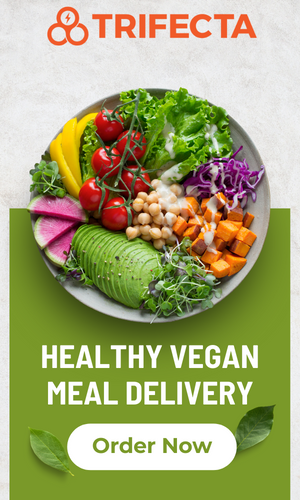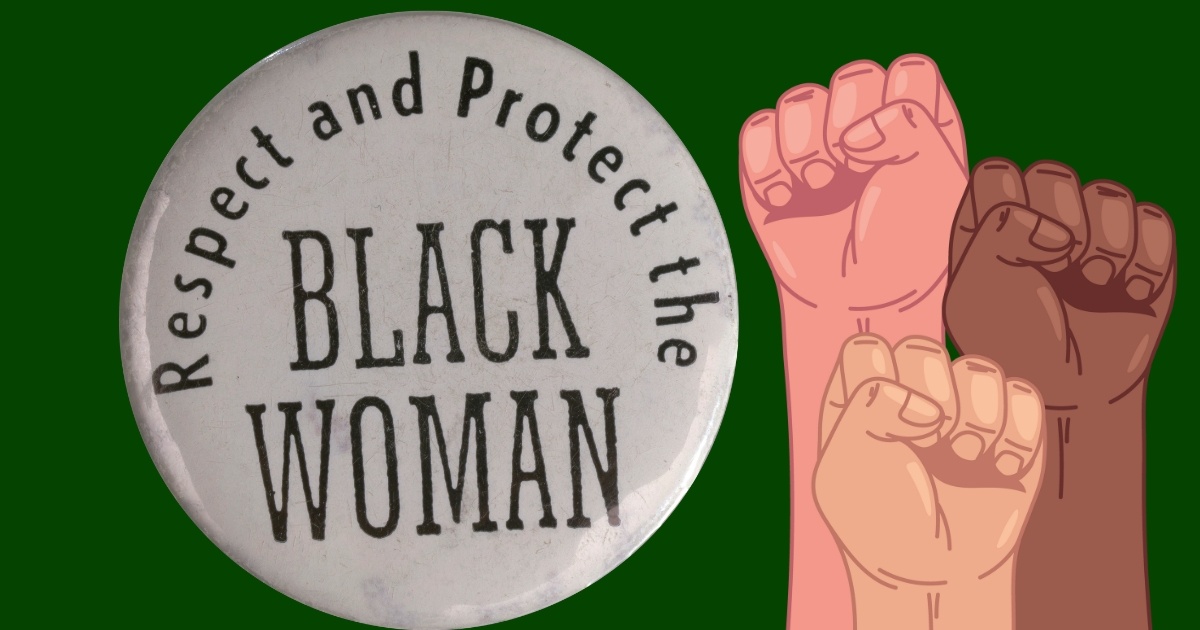The systematic injustices Black women experience in healthcare—from racial biases to limited access—have come to light as health inequalities have become more widely recognized. In addition to criticizing these injustices, black feminist literature provides a potent foundation for advancing health equity and empowering minority voices.
Understanding Black Feminist Literature
Black feminist literature arose to address the particular challenges of Black women, who were frequently disregarded in both the feminist and civil rights movements. Writers such as Audre Lorde, Bell Hooks, and Angela Davis inspired this movement. Their art uses racial, gendered, and class intersections to challenge oppressive structures. These authors established the groundwork for a critical viewpoint that centers on the experiences of Black women and links the political and personal spheres.
Black feminist literature emphasizes intersectionality—the overlapping impacts of race, gender, and class—and self-care as a radical act, where taking care of oneself is understood as resistance against societal neglect and resistance to oppressive structures. These pieces also address the politics of the body, highlighting the historical exploitation and silencing of Black women's bodies, especially concerning health and bodily autonomy.
Black feminist writings support the right to one's own body and reveal the gender and racial injustices that prevent Black women from receiving the healthcare they need. It criticizes the healthcare system for failing to address these discrepancies and makes a connection between the themes of literature and actual differences in maternal mortality, access to reproductive healthcare, and overall care. These works provide us with important new perspectives on how to reshape healthcare systems so that Black women's voices and demands are given priority.

The Role of Intersectionality in Health Equity
Intersectionality [12], a term first used by Kimberlé Crenshaw in 1989, describes how marginalized people, particularly Black women, face compounded obstacles as a result of intersecting types of discrimination, such as sexism and racism. This paradigm is essential to the healthcare industry since tackling health disparities necessitates understanding the intersections of gender and race.
Black feminist literature emphasizes the unique healthcare issues Black women confront as a result of overlapping oppressions. Examples of this literature include Bell Hooks' writings and Audre Lorde's The Cancer Journals[8] . These pieces highlight how healthcare institutions that are racially and gendered frequently fall short of meeting the needs of Black women.
Black women experience worse outcomes from a lack of intersectional understanding in healthcare, including increased rates of maternal death, misdiagnoses, and untreated chronic diseases. An intersectional strategy that takes into account the combined effects of gender, race, and other identity characteristics is necessary to address these discrepancies.
Key Works of Black Feminist Literature that Illuminates Health Inequities
Audre Lorde examines her struggle with breast cancer in The Cancer Journals [8] (1980), bringing attention to the intersections of race, gender, and health. She criticizes the healthcare system for not doing enough to meet the needs of Black women and stresses the significance of telling her story to bring attention to the particular difficulties faced by these women. Lorde's work is a potent call to action for the medical community to advocate for and acknowledge Black women's health issues more.
Bell Hooks addresses the political implications of self-care in several of her books, including Feminism Is for Everyone (2000)[5] and All About Love: New Visions (2000) [6] . According to her, taking care of oneself allows Black women to regain control over their bodies in the face of systemic oppression, making it an essential act of resistance. According to Hooks, putting self-care first is a political statement made by the community against the undervaluation of Black women's health as well as a personal one.
In her writings on the prison-industrial complex, Angela Davis critically investigates the relationship between racism, gender, and health. This is especially evident in Women, Race, & Class (1981)[3] . She contends that systemic racism and gendered violence cause Black women to be overincarcerated, which worsens health inequalities by causing their medical needs to be neglected. Davis asserts that Black women's health and well-being must come first in real liberation and advocates for a reevaluation of the justice and healthcare systems.
How Black Feminist Literature Advocates for Community Health
Black feminist writing promotes community-based initiatives and group care to address health inequalities in underserved areas. Authors that support community healing and resilience, such as Audre Lorde and Bell Hooks, emphasize the value of Black women standing together. Their focus on group effort contributes to the reshaping of health narratives to place a higher priority on mutual support and shared resources.
Movements that support legislative changes to address health inequities, like the reproductive justice movement, which upholds women's autonomy to make decisions about their bodies, have been spurred by black feminist literature. Groups such as SisterSong advocate for laws that address the health concerns of women of color and fight against the institutionalization of violence against Black women. These initiatives support a public health strategy that is more inclusive and acknowledges the interplay of social, economic, and political variables.
Literature that portrays Black women's experiences authenticates their hardships and gives them a sense of community, which is essential for mental health. The psychological effects of racism and sexism are illustrated by writers such as Toni Morrison and Zora Neale Hurston, who also shed light on the intricacies of Black womanhood. Literature, according to research, can be therapeutic, aiding people in processing their experiences and fostering community healing.

Applying the Lessons of Black Feminist Literature to Modern Health Equity Work
The literature of black feminists offers guidance for creating inclusive health systems that give marginalized communities priority. Bell Hooks is one of the authors who highlights the need for cultural competency and sensitivity in healthcare and who advocates for training that takes into account the particular difficulties that Black women confront. The experiences of the underprivileged can be prioritized by healthcare systems to improve equity and responsiveness.
Black feminist literature offers valuable insights into the significance of tackling implicit racism in healthcare environments. According to Kimberlé Crenshaw's intersectional approach, healthcare workers can put in place training programs to identify and lessen biases based on socioeconomic position, gender, and race [2] . Raising awareness can result in marginalized communities receiving better quality care.
Effective health interventions require the integration of Black women's narratives into health research and policy. According to Collins, black feminist researchers support participatory research that raises the voices of people affected by health inequities[1] . By addressing the unique needs of Black women and making health policy culturally relevant, this inclusion promotes overall health equity.
Conclusion: Literature as a Catalyst for Change
Because it exposes the distinct realities of oppressed communities and challenges systematic inequalities, black feminist literature is essential to the advancement of health equity. Writers who advocate for a more inclusive healthcare system include Audre Lorde, Bell Hooks, and Angela Davis. These authors offer insights into the intersections of race, gender, and health (Lorde, 1980; Hooks, 2000; Davis, 1981). Understanding and removing the obstacles that lead to health inequalities among Black women and other oppressed groups is made possible by their works.
It is recommended that readers study Black feminist literature and apply its teachings to their advocacy work. Encouraging policy reforms that put marginalized groups' health first advances the larger cause of social justice and health equity. Interacting with these writings strengthens our shared resolve to confront structural health inequities while also elevating the voices of the oppressed.
Adopting the ideas provided by Black feminist literature can result in a healthcare system that is just and equitable. We can create a healthcare environment that celebrates diversity and guarantees that everyone has access to high-quality treatment by putting the needs of those who are most impacted by health inequalities front and center. The pursuit of health equity necessitates persistent commitment, activism, and the transformational power of literature.

Resources
Books:
- Ain’t I a Woman: Black Women and Feminism [4] by B. Hooks
- Sister Outsider: Essays and Speeches[7] by A. Lorde
- A burst of light: and other essays [9] by A. Lorde
- Beloved[10] by T. Morrison
- Cultivating Humanity : A Classical Defense Of Reform In Liberal Education [11] by M.C. Nussbaum
Choosing a healthy plant-based and vegan diet is most beneficial when it comes to:
-
Higher levels of energy;
-
Improved sleep;
-
 Aids in energy and overall happiness;
Aids in energy and overall happiness; -
Provides a sense of comfort and relief;
-
Could prevent major diseases such as obesity and diabetes;
-
Accomplish weight-loss and management; and
-
Improves mental and cognitive functioning.
There are really no excuses not to try healthier habits in your everyday life. If you are a man or woman looking for specific benefits of adopting healthier habits or just want to know about the general healing properties of herbs. Please remember to comment or post any health questions, or contact us directly!















